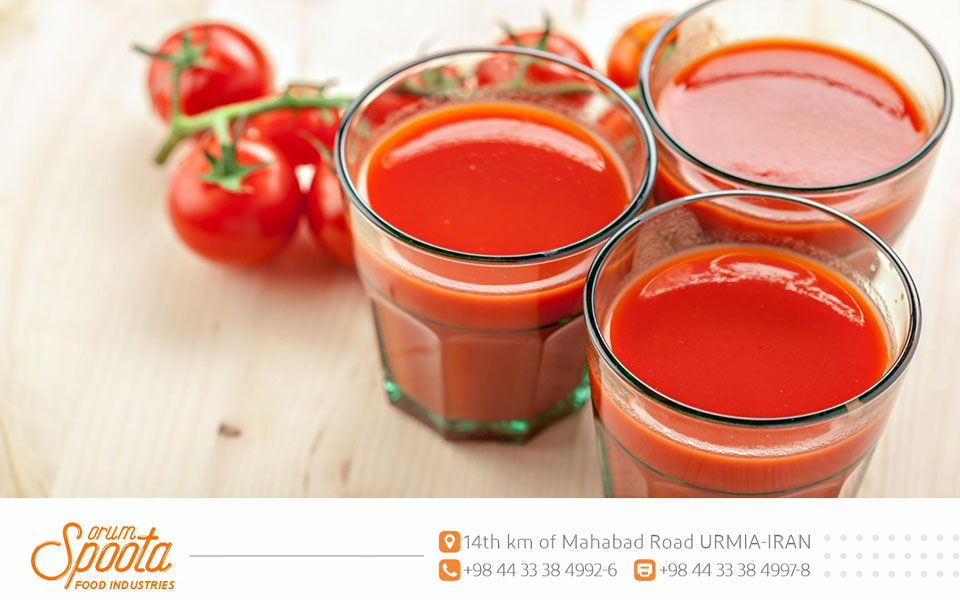

Tomato paste and ketchup are among the most commonly used food products. Although both are made from tomatoes, they differ significantly in production processes, ingredients, uses, and nutritional values. This article explores these differences in detail, providing consumers with a better understanding of how to choose and use these products.
Tomato paste is a thick substance made by cooking and evaporating the water content from tomatoes. It serves as a base for many traditional dishes and is used as a flavor enhancer in foods such as stews, soups, and rice dishes.
Ketchup is a ready-to-use condiment made from a mixture of tomatoes, sugar, vinegar, spices, and sometimes other additives. It is primarily used in fast food and snack items like pizza, hamburgers, and French fries.
- Washing the tomatoes to remove dirt and impurities from the raw material.
- Cutting and initial heating to soften the tomato flesh.
- Straining the product to separate the skin and seeds.
- Cooking and concentrating the tomato paste to evaporate water and thicken it.
- Packaging in resistant containers for long-term storage.

- Washing and cutting the tomatoes.
- Adding additives such as sugar, vinegar, and spices to the chopped tomatoes.
- Cooking the tomatoes and concentrating the mixture to achieve a uniform texture for the ketchup.
- Packaging in bottles or other containers.
For purchasing red pepper puree in aseptic packaging at factory prices, please contact us.
- Tomato Paste: Typically made only from tomatoes, with some salt added in some cases to enhance shelf life.
- Ketchup: Besides tomatoes, it contains sugar, vinegar, salt, spices, and sometimes preservatives or stabilizers.
📌Further reading: Souring of tomato paste
- Tomato paste is used as a base ingredient in dishes like stews and rice dishes.
- Ketchup is mainly used as a condiment for prepared foods like fast food.
- Tomato paste has a pure and concentrated tomato flavor and is made without sugar or additives, which means it has fewer calories.
- Ketchup has a sweeter and tangier taste due to the presence of sugar and vinegar, and it has more calories than tomato paste.

- Tomato paste has a longer shelf life, especially if stored properly (in airtight containers in a cool environment).
- Ketchup, due to its added ingredients, has a shorter shelf life and needs to be refrigerated after opening.
- Tomato paste, due to its widespread use in traditional cooking, has higher demand among Iranian households.
- Ketchup, because of its convenience and flavor appeal, is popular among children, young people, and in the fast food market.
📌Further reading: What Causes Mold in Tomato Paste?
Advantages: Natural, fewer calories, suitable for traditional cooking.
Disadvantages: Requires cooking before use, less flavor variety.
Advantages: Ready-to-use, diverse flavor.
Disadvantages: Higher in calories, contains sugar and additives.
Additives like sugar and vinegar contribute to a diverse and appealing flavor and also enhance the shelf life of the product. However, excessive consumption of these additives may be harmful to health.
- Tomato Paste: Pay attention to reputable brands and production dates. Avoid consuming moldy paste.
- Ketchup: Choose products with lower sugar and salt content and avoid excessive consumption.
Both tomato paste and ketchup are essential products in cooking, but their differences in production, ingredients, and applications determine their respective uses. Understanding these differences helps consumers make the best choice according to their needs.
Yes, but the taste and use will be different.
Tomato paste is a better option due to its lower calorie content and lack of sugar.
By storing it in the refrigerator and using a clean spoon.
After opening, ketchup can typically be stored in the refrigerator for 2-4 weeks.
0 reviews